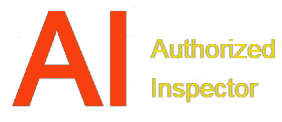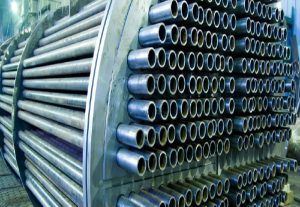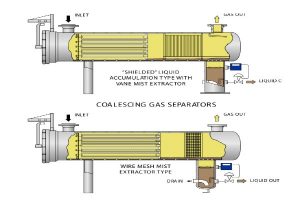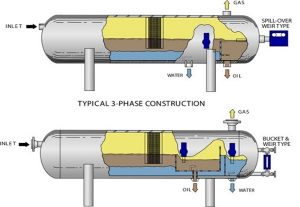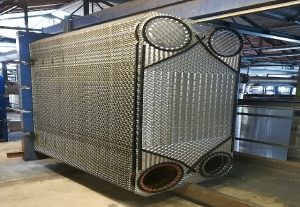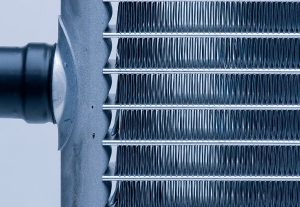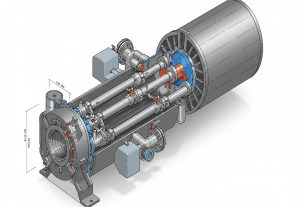U2-Stamped Pressure Vessels
A U2-Stamp is a certification mark issued by the National Board of Boiler and Pressure Vessel Inspectors (NBBPVI). It authorizes a manufacturer to repair and alter existing pressure vessels and boilers. This certification ensures that repairs and alterations are performed in accordance with the rigorous standards outlined in the ASME® Boiler and Pressure Vessel Code (BPVC).
Key Differences Between U-Stamp and U2-Stamp:
- U-Stamp: Authorizes the manufacture of new pressure vessels and boilers.
- U2-Stamp: Authorizes the repair and alteration of existing pressure vessels and boilers.
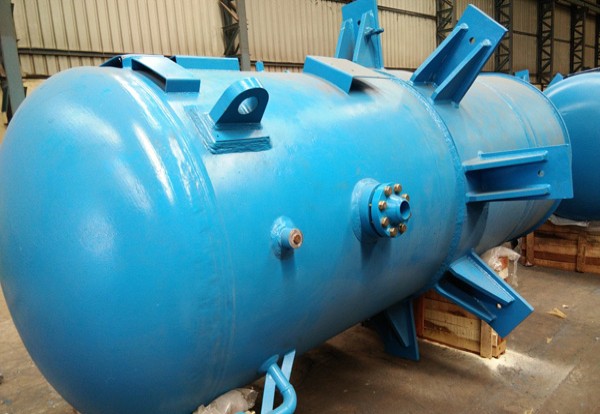
Pictured above: U2-Stamped Air-Receiver
Design Considerations for U2-Stamped Repairs and Alterations:
When repairing or altering a pressure vessel, the following design considerations must be taken into account:
Material Selection:
- Repair materials must be compatible with the original material.
- The mechanical properties of the repair material must be sufficient to withstand the operating conditions.
Welding Procedures:
- Welding procedures must be qualified and performed by certified welders.
- Post-weld heat treatment may be required to relieve stresses and improve the mechanical properties of the weld.
Non-Destructive Examination (NDE):
- NDE techniques such as radiography, ultrasonic testing, and magnetic particle inspection must be used to verify the quality of the repair.
Hydrostatic Testing:
- The repaired or altered vessel may need to be hydrostatically tested to verify its integrity.
Documentation:
- Detailed records of the repair or alteration, including inspection reports and test results, must be maintained.
Key Challenges in U2-Stamped Repairs and Alterations:
- Access to Original Design Data: Obtaining accurate design data for older vessels can be challenging.
- Material Compatibility: Ensuring compatibility between repair materials and the original material.
- Stress Analysis: Assessing the impact of the repair or alteration on the vessel’s stress distribution.
- Quality Control: Maintaining high quality standards throughout the repair process.
By adhering to the stringent requirements of the ASME® BPVC and the guidelines for U2-Stamp certification, manufacturers can ensure the safety and reliability of repaired and altered pressure vessels.


